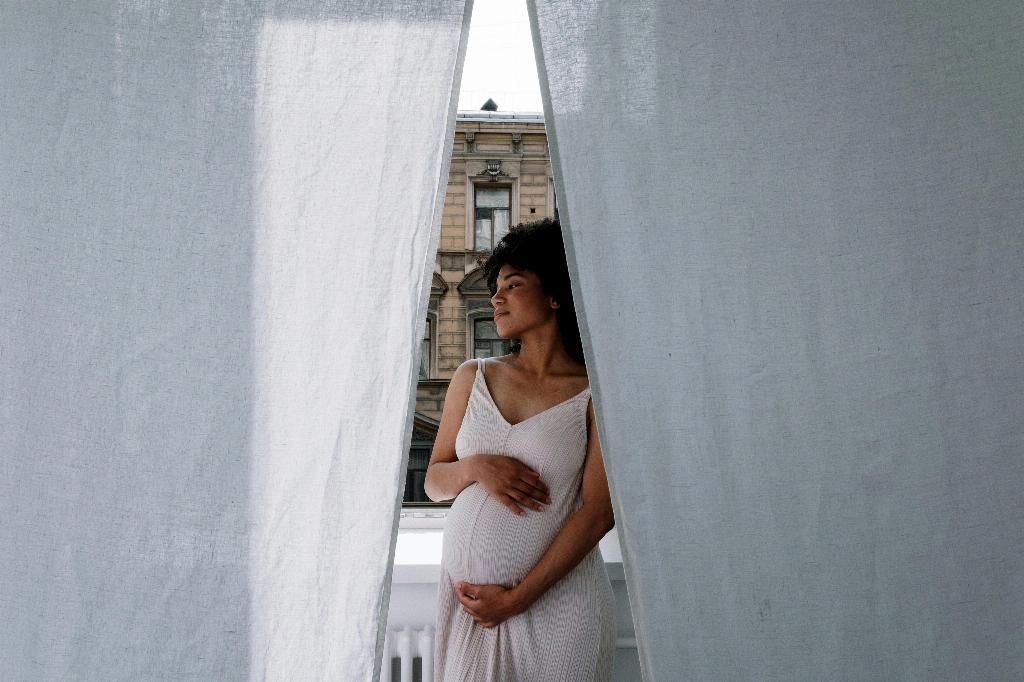For generations, the idea that the full moon can influence various aspects of our lives has been a topic of folklore and speculation. One common belief that has persisted through the ages is the notion that the full moon can affect pregnancy. Many expectant mothers, healthcare providers, and members of the general public have pondered whether the celestial body’s phases have any bearing on the birthing process. However, recent research may shed light on this long-standing myth.
In a study conducted over a 5-year period, researchers sought to examine any potential correlations between the lunar cycle and births, specifically looking into the idea that more women may go into labor during a full moon. Surprisingly, the results of the study did not reveal any significant associations between the lunar cycle and the occurrence of births. This finding challenges the traditional belief that the full moon has a direct impact on the timing of deliveries.
Furthermore, the research also investigated whether there was a link between the full moon and pregnancy complications. Despite popular misconceptions suggesting otherwise, the study found no compelling evidence to support the notion that pregnancy complications are more likely to occur during a full moon. This discovery further discredits the idea that the lunar phases play a significant role in affecting maternal and fetal health during pregnancy.
Upon analyzing the data and outcomes of the study, the researchers came to a definitive conclusion: the belief in a lunar effect on labor and pregnancy is nothing more than a “pervasive myth” lacking substantial evidence to substantiate its claims. This assertion challenges the widely held perception that the full moon exerts a tangible influence on the process of pregnancy and childbirth.
While the idea of the full moon affecting pregnancy has captured the imagination of many, the scientific evidence does not align with this popular belief. The absence of any demonstrable link between the lunar cycle and births during the research period casts doubt on the validity of attributing supernatural powers to the moon in relation to pregnancies.
It is essential to critically evaluate the basis of such myths and traditions in light of empirical data and scientific inquiry. The findings of this research serve as a reminder of the importance of questioning long-held beliefs and examining them through a rational and evidence-based lens.
Despite the allure of mystical interpretations and folklore, it is crucial to rely on empirical evidence and critical thinking when assessing the validity of claims such as the influence of the full moon on pregnancy. The scientific method offers a valuable tool for investigating phenomena and separating fact from fiction in a rigorous and systematic manner.
As we navigate the realm of pregnancy and childbirth, it is essential to prioritize evidence-based information and expert guidance over age-old myths and superstitions. By promoting a culture of scientific inquiry and critical analysis, we can dispel unfounded beliefs and foster a greater understanding of the intricate processes involved in pregnancy and labor.
In conclusion, the notion that the full moon affects pregnancy is a myth that has been debunked by recent research. While folklore and superstitions may perpetuate the idea of celestial influences on human affairs, scientific scrutiny reveals a lack of concrete evidence supporting such claims. It is imperative to approach questions about pregnancy and childbirth with a pragmatic and rational mindset, relying on empirical data to guide our understanding of these complex phenomena.

